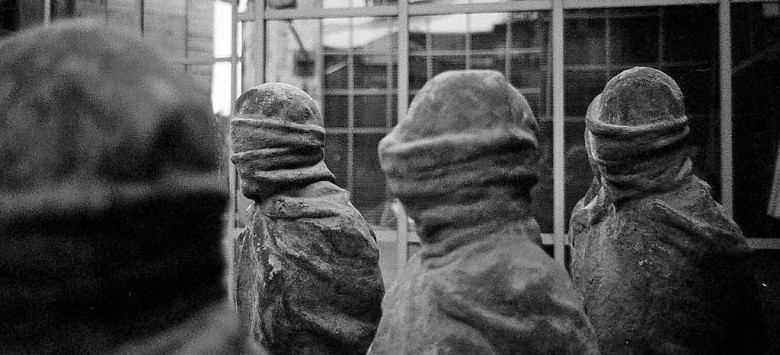Moral Teaching on Torture
The release of the Senate Intelligence Committee’s “Torture Report” brings a slew of articles on the use of torture and the deceit surrounding it. Although the report itself is 500 pages, there are plenty of sites that offer snippets of commentary alongside snapshots of the report itself.
It is difficult to read about the details. Even the vague descriptive terms make me squeamish. But I think that’s a good thing. It should be difficult to read. We shouldn’t be desensitized to the details of torture. A visceral reaction to articles about torture reflect our recognition of the evil in the act.
Torture is morally wrong. It is discussed in the Catechism in conjunction with the 5th Commandment’s discussion of disrespect for human life and dignity.
Why does the Church teach that Torture wrong?
1. Torture debases the human dignity of both the victim and perpetrator. Not only does the act of torture violate the dignity of the prisoner, but in order to participate in such vile acts, the dignity of the torturer is also violated. All levels of authority figures who order and condone the practice of torture participate in violating the dignity of both the victim and the perpetrator. The practice of torture “estranges the torturer from God and compromises the
physical or mental integrity of the tortured” (USCCB, Background on Torture).
2. The end does not justify the means. People often speculate that torture is justifiable if it ultimately renders information that can save lives, thus asserting that it is a necessary evil.
Research has shown (and evidenced in the Senate report) that information gathered as a result of torture is not reliable.
But from a moral perspective, the focusing on the reliability of the information misses the point. Morally speaking, we must never do evil to achieve good, nor must we ever try to justify doing evil because good came out of it. We are not entitled to achieve our goals by any means necessary.
3. Do unto others is the Golden Rule (Matthew 7:12, Luke 6:31). Essentially this is the idea that we should not do to others what we do not want them doing to us. This is part of the reason why torture is illegal according to international law and the Geneva Conventions.
We cannot condone torturing another human being. As a matter of faith, we must reject this practice.
Prisoners by José licensed under CC BY 2.0






